Understanding Your NDIS Plan: Support Categories Explained
The National Disability Insurance Scheme (NDIS) Plan includes three main types of budgets and 21 categories. This guide will help you understand each one.
Core Supports
Core Supports cover the essentials for daily living, such as transport and consumables. In most cases, you can use your Core funding across multiple support categories within this budget. This funding is flexible and targets everyday services and items you need.
Category 1: Assistance with Daily Living Aims to support your independence at home by funding support workers who assist with meal preparation, dressing, showering, house cleaning, gardening, and respite care.
Category 2: Transport Allowance Subsidizes the cost of suitable transport for you to access the support needed. If eligible, this allowance is paid directly into your bank account from your Plan.
Category 3: Consumables Covers daily supplies required because of your disability. This includes nutrition products, continence products, colostomy bags, dressing aids, low-risk adaptive equipment (like walkers, sensory equipment, kettle stabiliser, modified cutlery, or tablet and smartphone apps), and costs for an assistance dog. Note that it does not cover medicines.
Category 4: Assistance with Social & Community Participation Provides support for your participation in community, social, and recreational activities. Funds can be used for a support worker to help you attend events, but it does not cover the cost of the actual activity (like tickets).
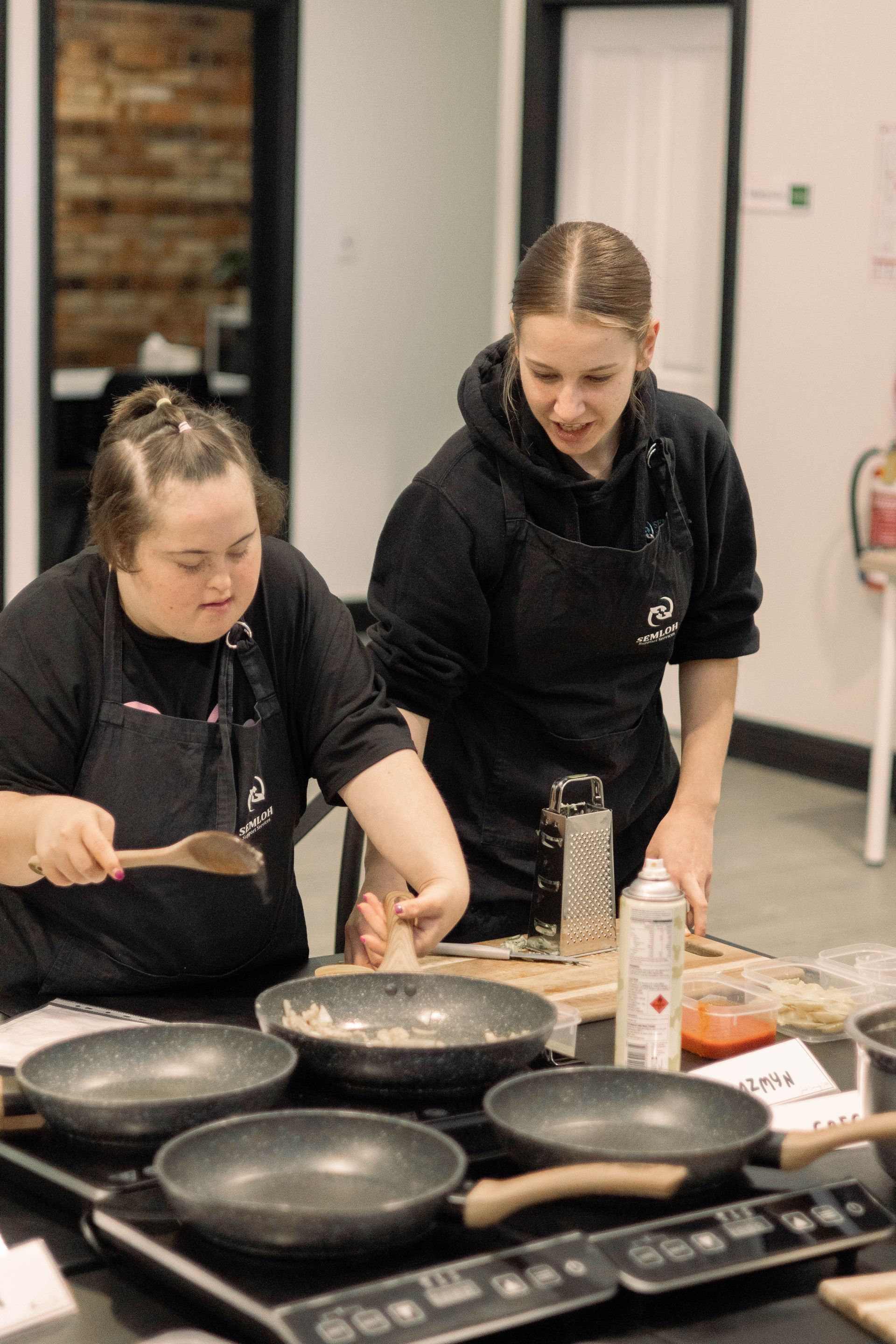
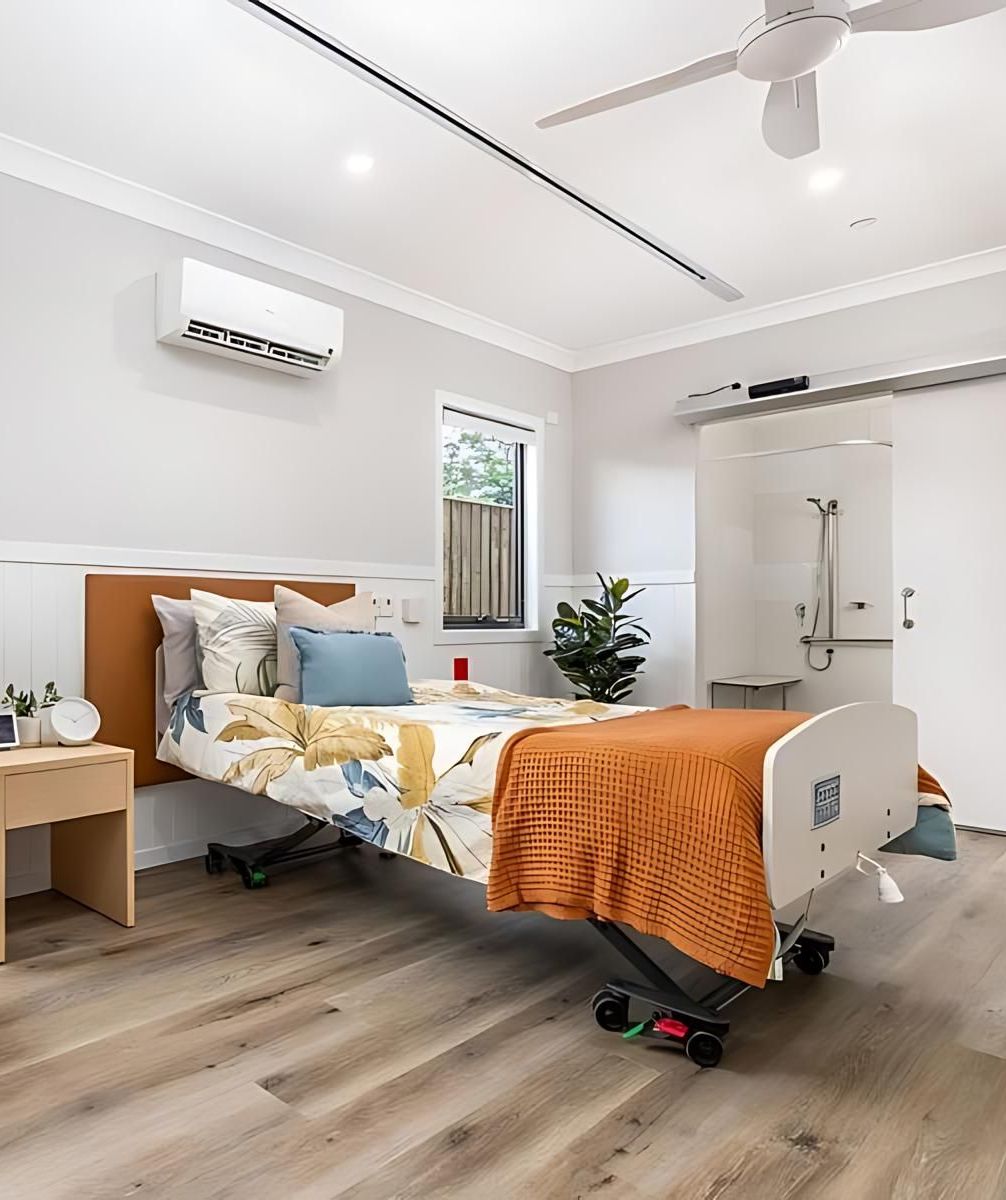
Capital Supports
Capital Supports fund significant items needed for daily life, such as home and vehicle modifications. Unlike Core Supports, Capital Supports are not flexible: you can't move the budget from one category to another. These items usually cost more than $1,500 and require a quote approved by the NDIA.
Category 5: Assistive Technology Funds specialised technology or equipment, such as wheelchairs, prosthetics and orthotics, portable hoists, vehicle modifications, braille resources, and even the cost of getting a guide dog.
Category 6: Home Modifications and Specialised Disability Accommodation Covers changes or additions to your home that enable independent living. This includes items such as rails or ramps, project management for modifications, and may also fund Specialist Disability Accommodation (SDA).
Capacity Building Supports
Capacity Building Supports fund services that build the skills needed for more independence. These include support coordination and improved daily living skills. Similar to Capital Supports, this budget cannot be moved from one category to another.
Category 7: Support Coordination Provides funding for support coordination and/or a psychosocial recovery coach, helping you live the life you want and achieve your goals.
Category 8: Improved Living Arrangements Helps you find, secure, or keep suitable accommodation. This includes support with going to inspections, finding a group home, or negotiating contracts.
Category 9: Increased Social & Community Participation Supports your participation in community activities that build skills and independence. This includes activities such as study, life skills training, or sports coaching, and can also fund a mentor to help you reach specific goals.
Category 10: Finding and Keeping a Job Assists with finding and securing employment or attending training. This includes supports like help with a resumé, support at interviews, and support to help you prepare for work.
Category 11: Improved Relationships Supports you in making positive changes to your life and relationships by funding supports like psychology, social skills building, and behavioural therapy, including developing a behaviour management plan.
Category 12: Improved Health and Wellbeing Helps you support, maintain, or increase your physical mobility or wellbeing if limited by your disability. This covers supports like dietitians, exercise physiologists, or personal trainers.
Category 13: Improved Learning Helps you transition from school to further education. This includes funding for advice, job application assistance, or orientation support.
Category 14: Improved Life Choices Helps you build your financial and organisational skills. This includes funds for plan management (Semloh Coordination is covered in this budget).
Category 15: Improved Daily Living Helps you develop basic skills needed to get more from your day-to-day life. This funds allied health and other therapies, including physiotherapy, occupational therapy, speech therapy, early childhood intervention strategies, and group therapy.
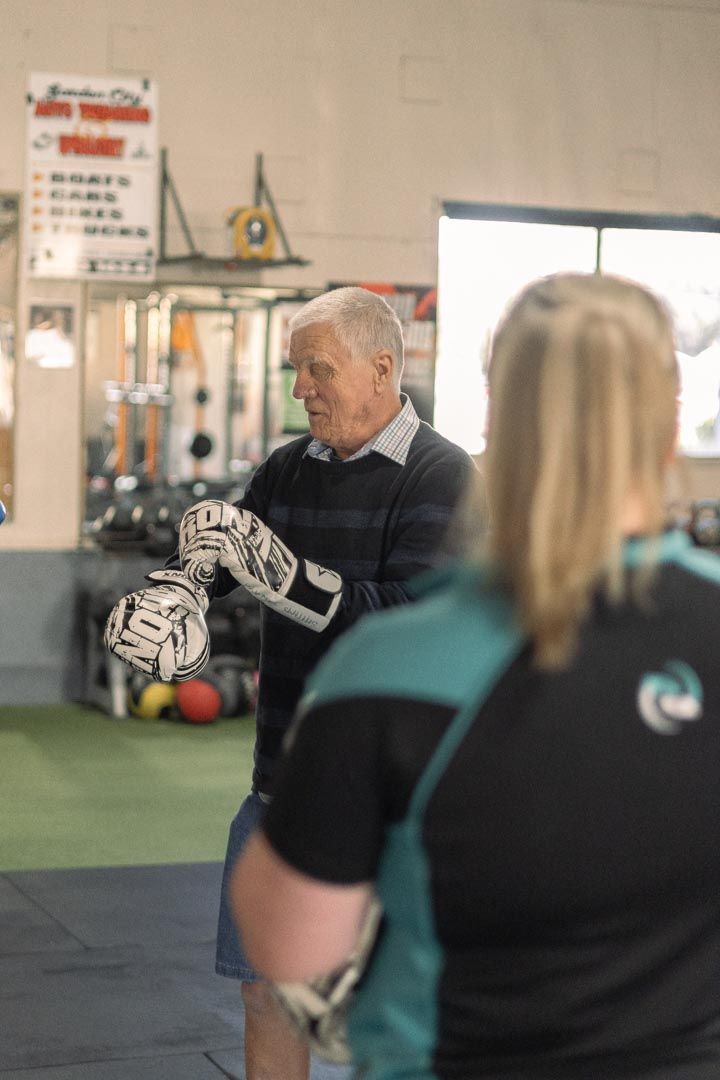
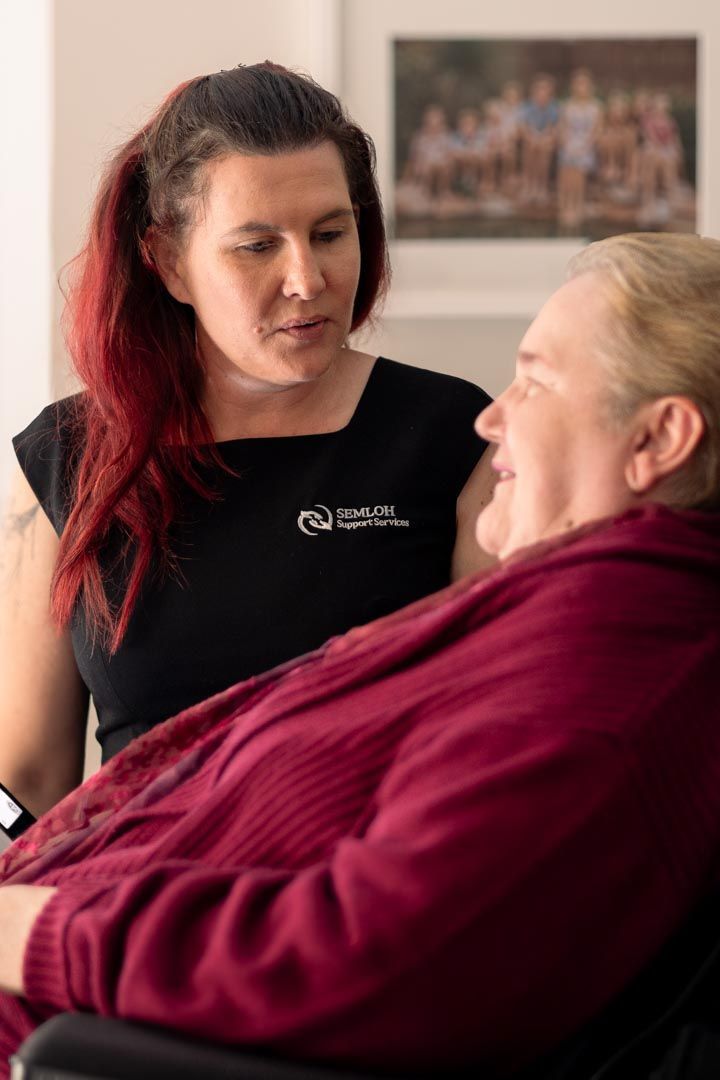
If you or someone you know could benefit from our Disability Support Services, please don't hesitate to reach out to our friendly office team today!



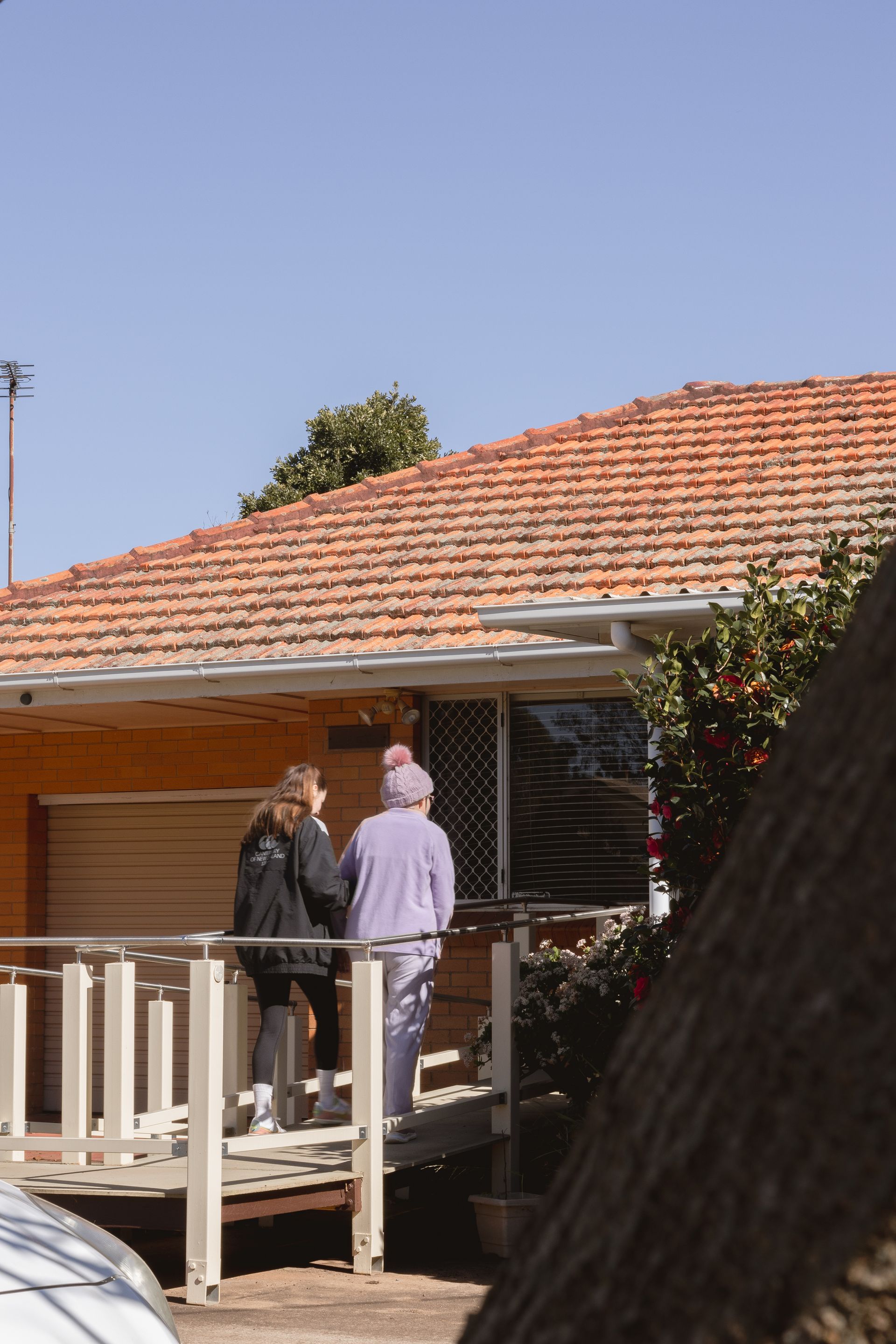


Head Office Location:
625 Ruthven Street, Toowoomba City 4350
PO Box 7506
Toowoomba South,
Queensland, 4350
All Rights Reserved | Semloh Support Services
